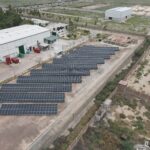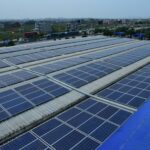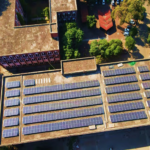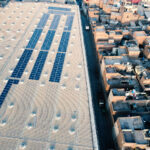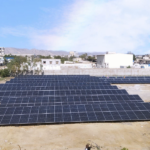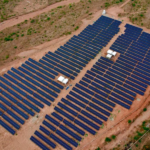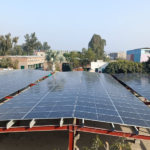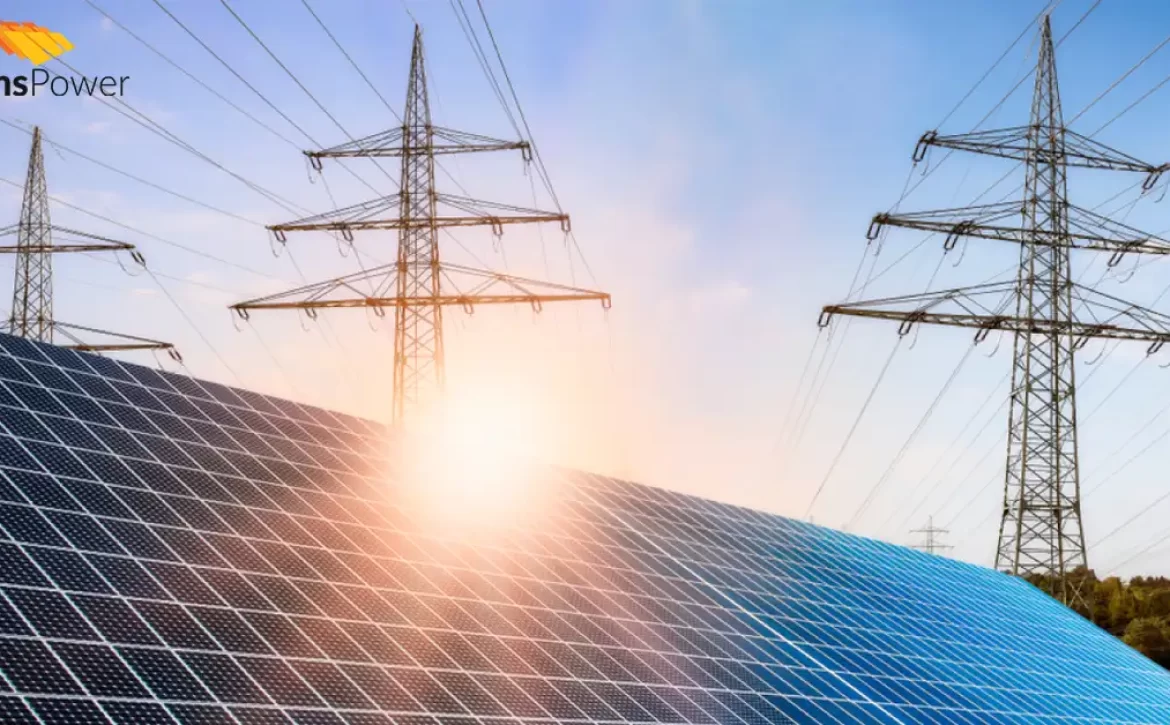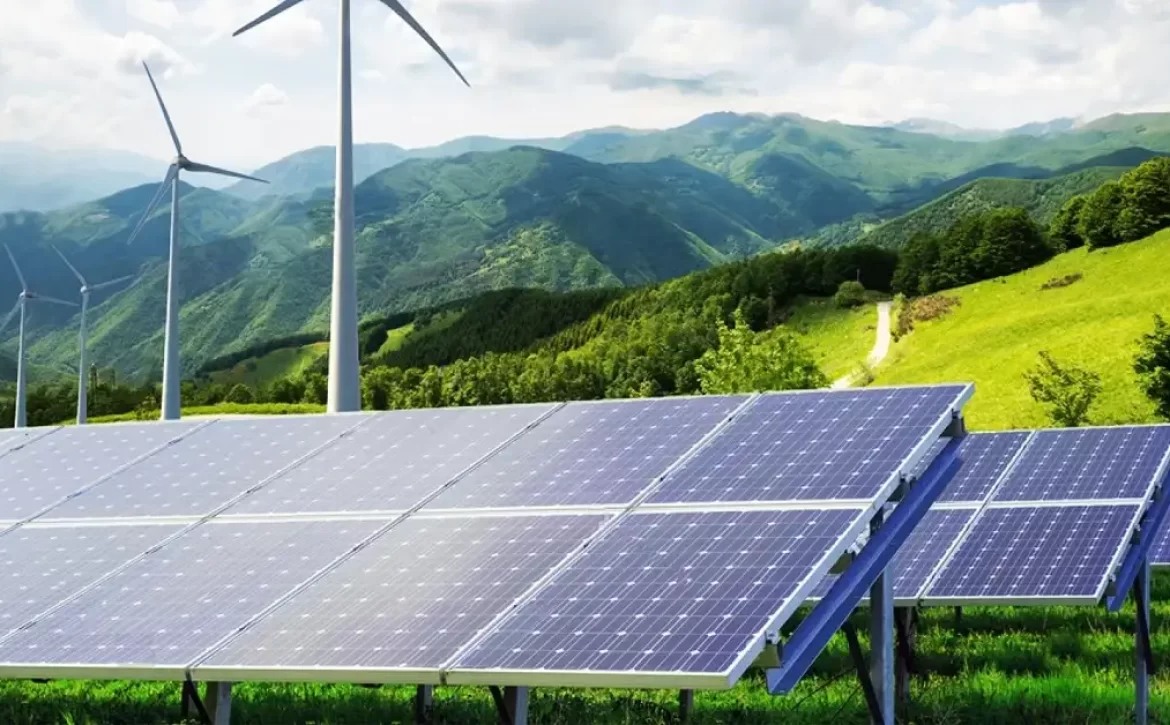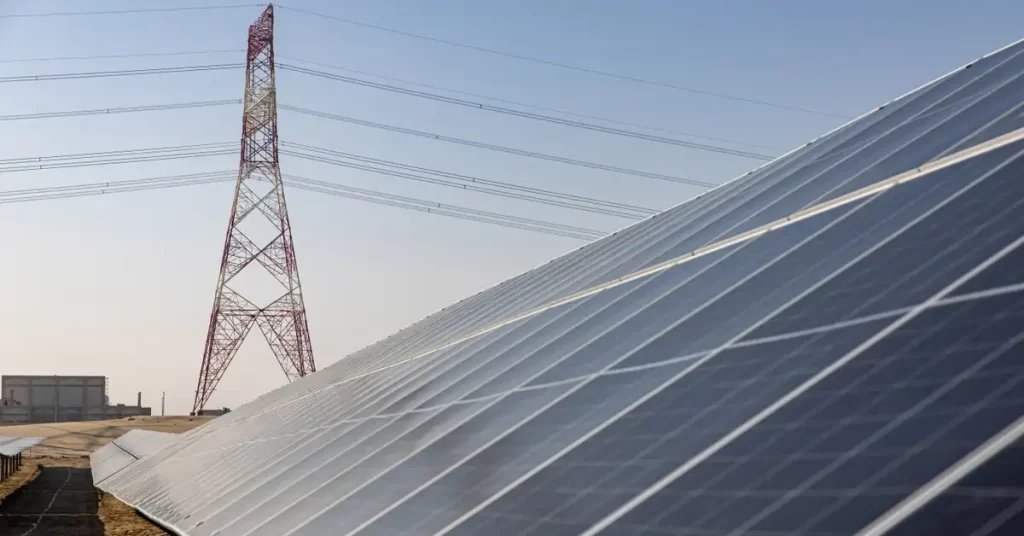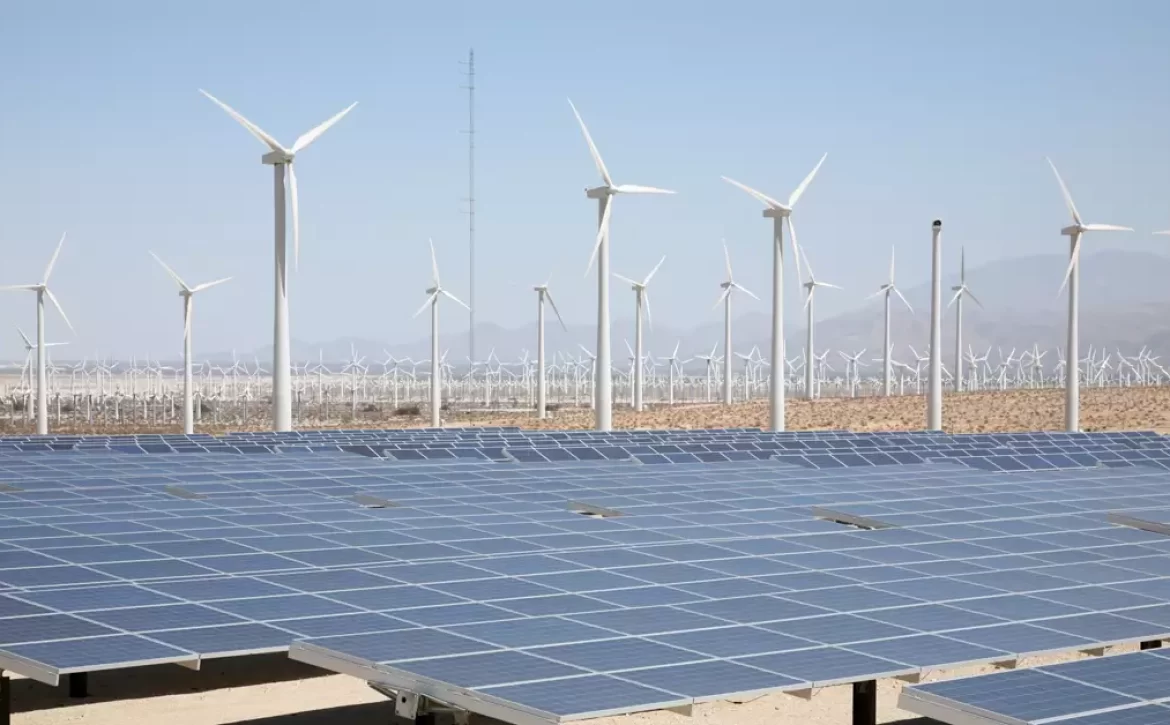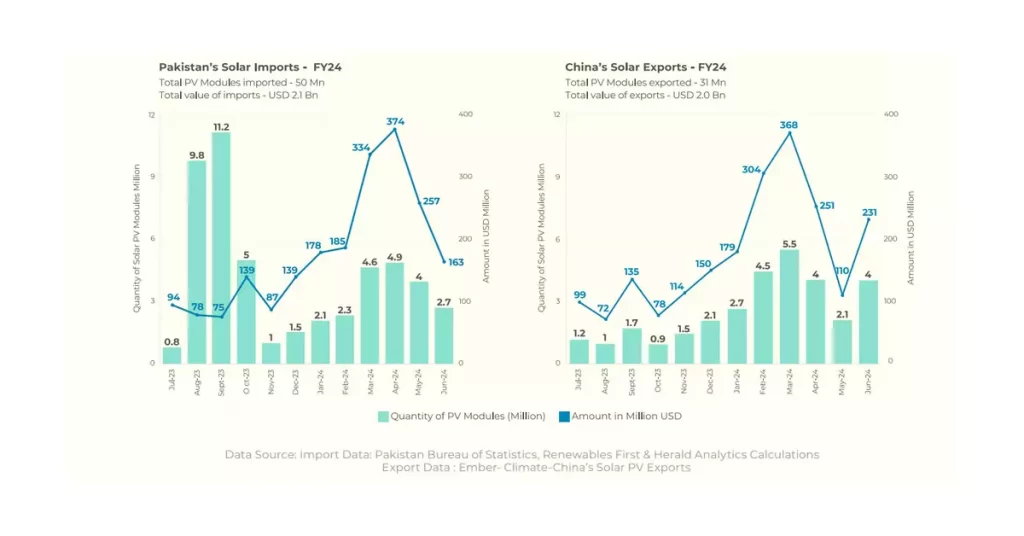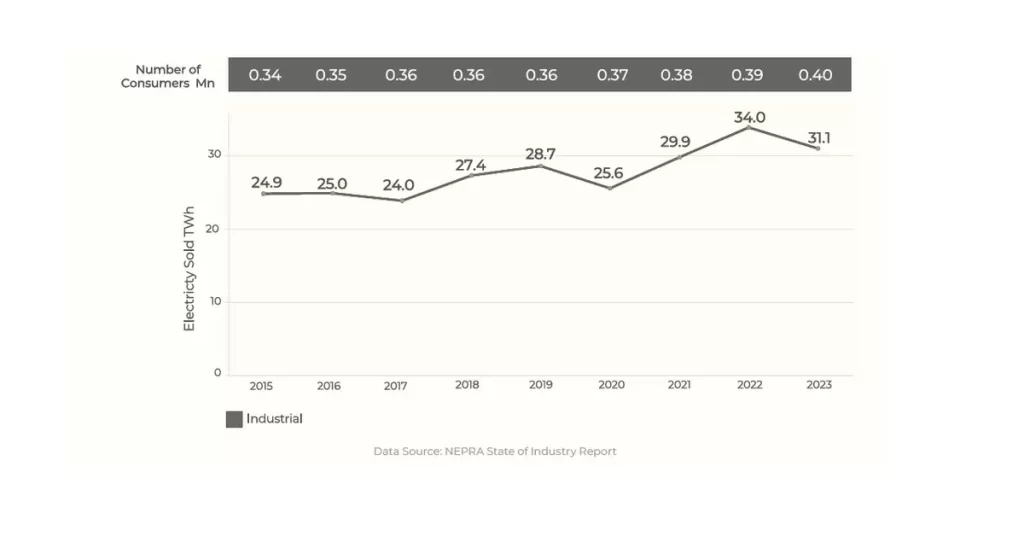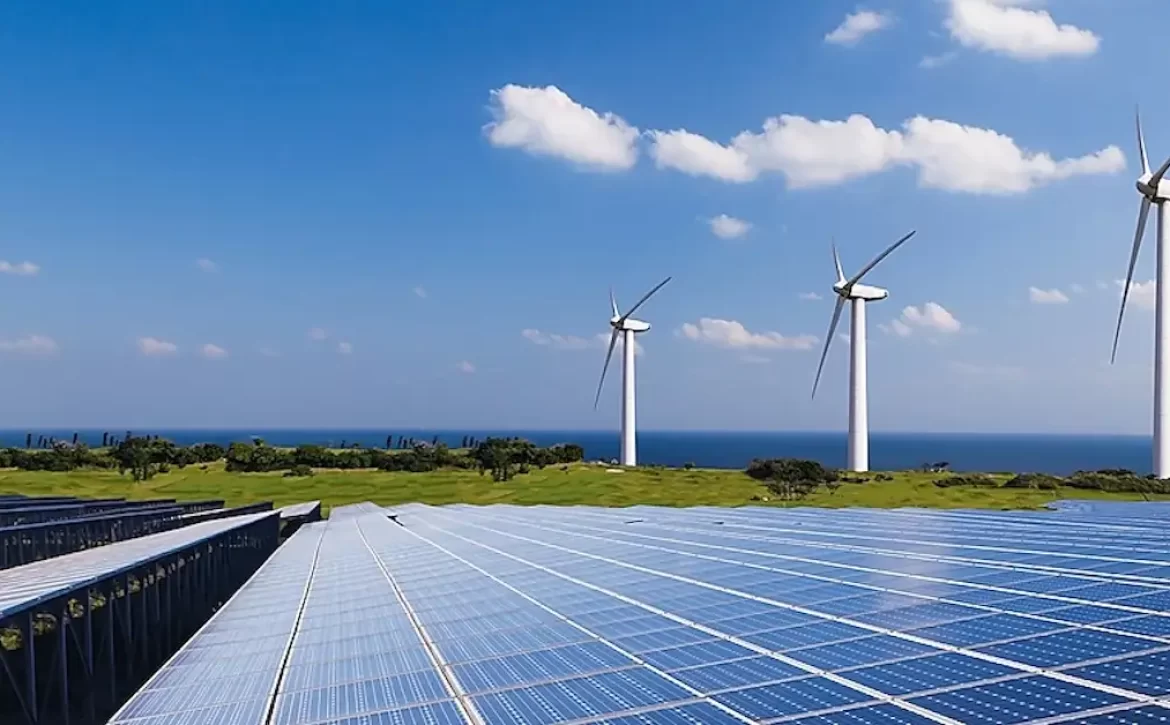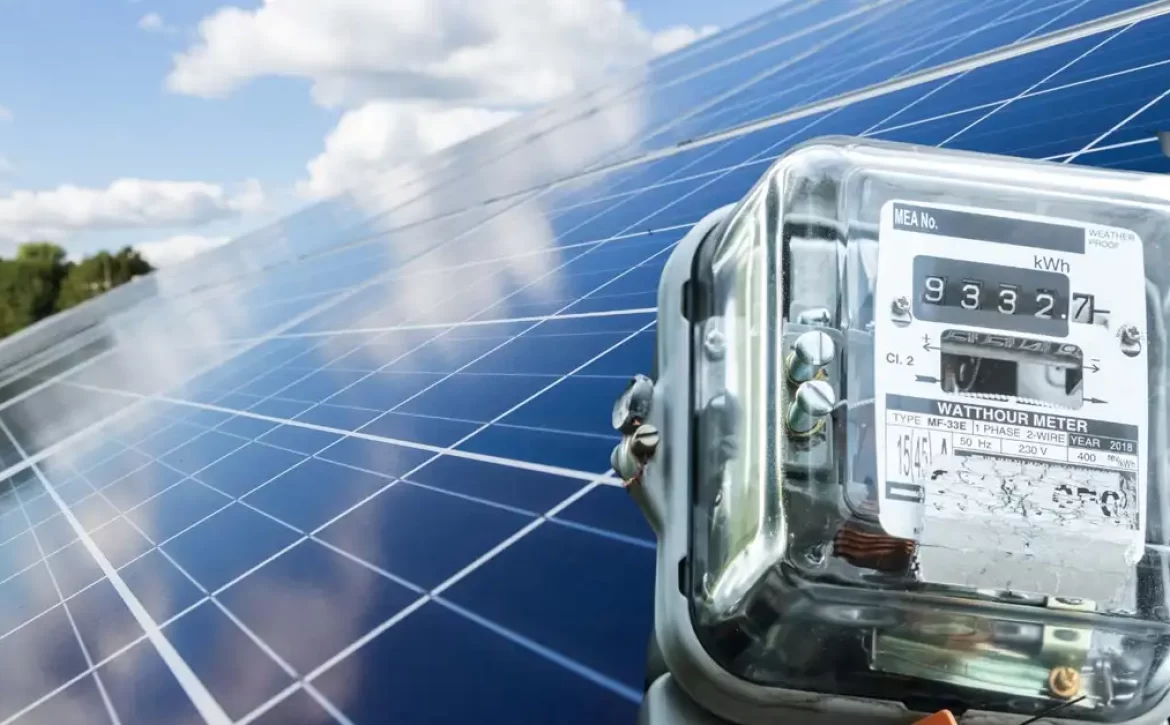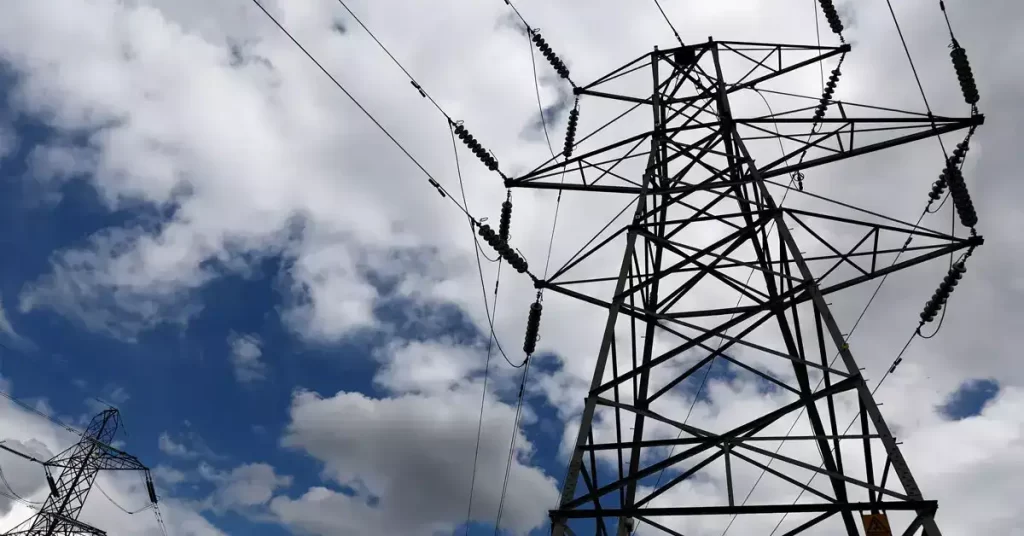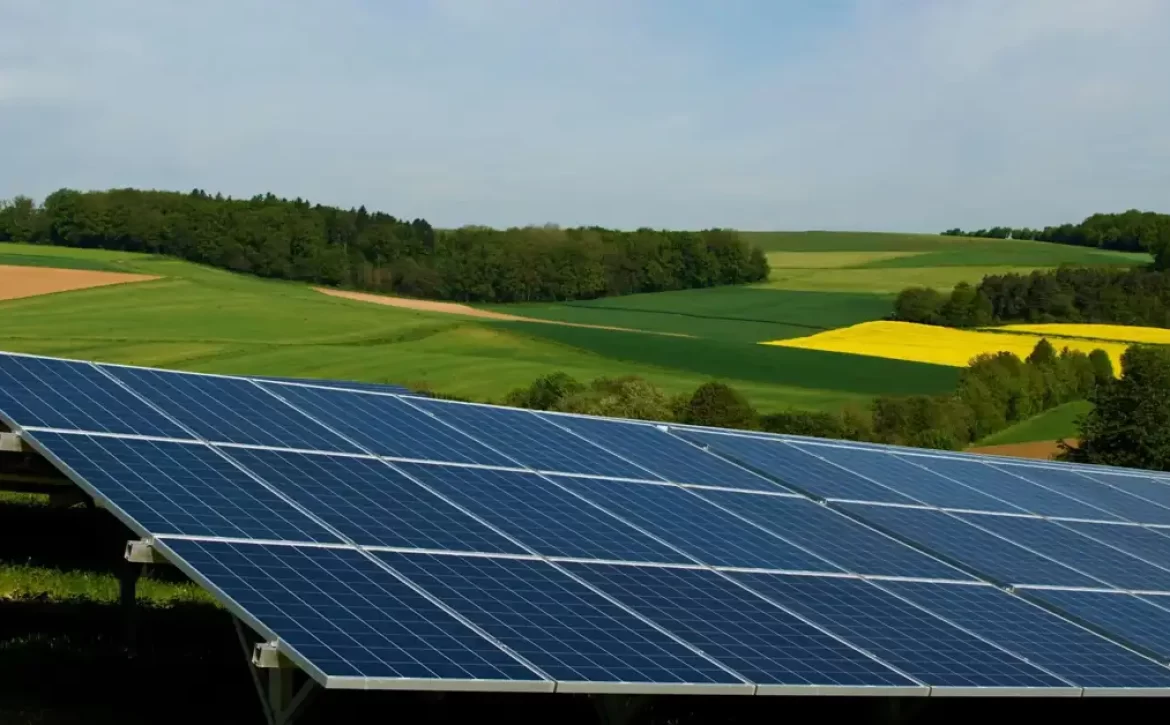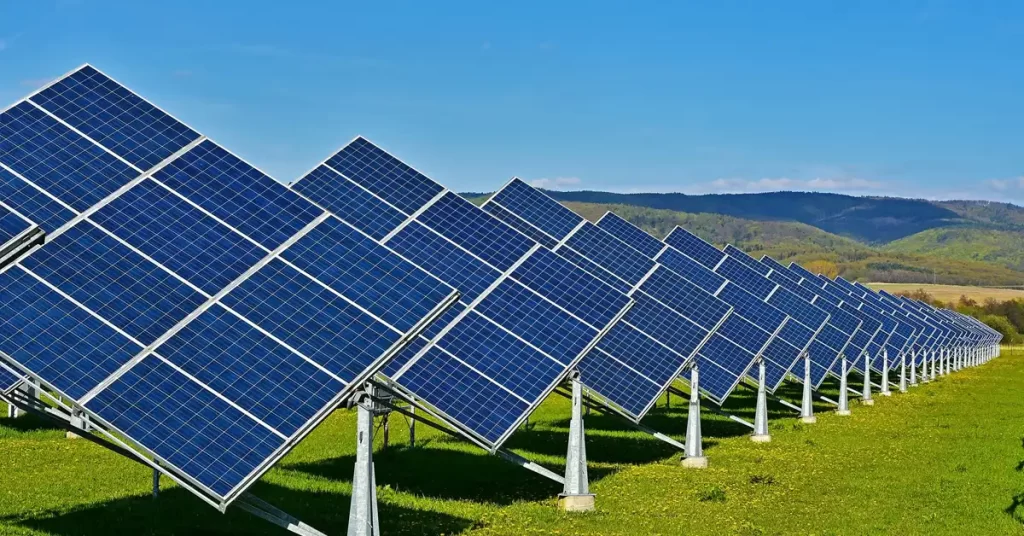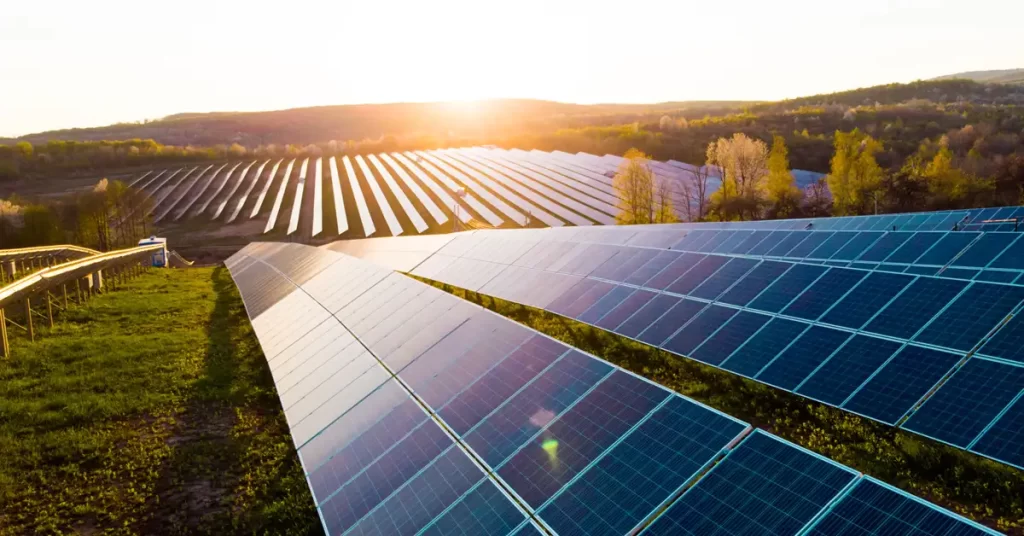Future-Proofing Data Centers: How Solar Power Can Prevent Resource Shortages and Outages
Data centers are emerging as the spine of cloud storage, artificial intelligence, and international connectivity as the digital revolution picks up speed. But, particularly in developing countries like Pakistan, their exponential expansion is putting already scarce water and energy resources under unprecedented stress. Sustainable alternatives must be considered amidst the long-term danger of outages, rising expenses, and ecological damage. One of the best ways of making sure that data centers are versatile in the future is through the use of solar electricity.
The Rising Energy Appetite of Data Centers
Data centers are power-hungry. Almost 80,000 households could be powered by more than 100 megawatts (MW) of electricity used by one massive facility. This increasing demand may put a dangerous strain on resources in nations like Pakistan that have weak infrastructures or power shortages.
Pakistan saw internet users grow by 27% from January 2023 to January 2024, or 24 million more individuals, which led to heightened digital service and data usage. While this heightened digital presence drives innovation and access, it also places tremendous pressure on infrastructure that is not yet ready to sustain it in a sustainable manner.

Water Use and E-Waste: An Environmental Double Burden
In addition to power, data centers also use enormous amounts of water to cool, as much as 300,000 gallons per day in some instances. This is particularly troublesome in areas where water shortage is already a problem. The environment is further harmed by the continuous stream of e-waste created by periodic hardware upgrades, much of it discarded in a wasteful manner.
Large numbers of Pakistani data centers are forced to utilize diesel generators as standby power since electricity blackouts frequently happen. Despite being a requirement, they emit a high amount of air pollutants and carbon content at the cost of compromising climate targets while elevating operational cost.
Why Solar Power is a Game-Changer
Solar power is a potential and effective answer to these problems. Consumption of fossil fuels and the national grid can be significantly reduced by locating solar panels on-site or purchasing electricity from solar parks. Solar electricity is clean, abundant, and cheaper in the long term than coal or diesel.
A key benefit in nations like Pakistan, where load shedding is a prevalent problem, is that adding solar to the power mix of a data center can keep it operational even in times of national grid failure. Solar systems enable uninterrupted operation without needing carbon emitting alternatives, particularly when combined with battery storage.
Resilience Through Renewable Infrastructure
In addition to conserving energy itself, the adoption of solar electricity has long-term advantages. Solar data centers are not affected by power outages and can continue operation during times of distress. They also support global ESG (Environmental, Social, Governance) agendas, which enhances investor confidence and brand value.
Solar-powered data centers can set a strong standard in Pakistan, where the government is proactively promoting the utilization of renewable energy. They can serve as models for innovation and energy efficiency, demonstrating the harmony of digital growth with sustainability.

Conclusion: A Sustainable Path Forward
Data centers do not have to be synonymous with high usage and environmental pressure in the future. Operators can construct a platform that is sustainable, resilient, and affordable with more effective cooling systems and solar energy today.
The question of whether data centers need to go green has been changed by how quickly they can do so, as demands for data continue to soar. It is feasible to protect these digital strongholds from the next energy or water calamity with the cost-effective and scalable remedy of solar power.



